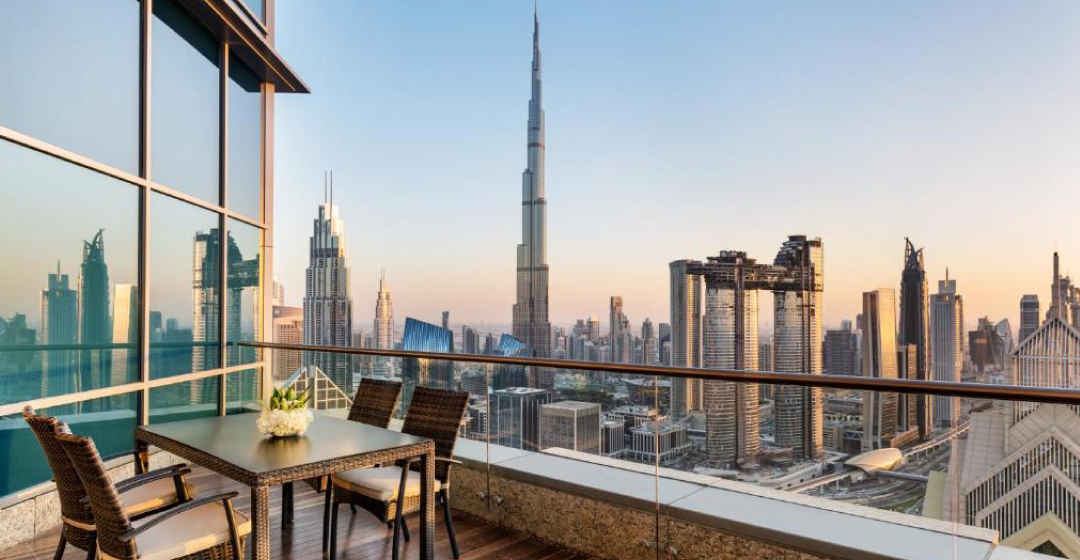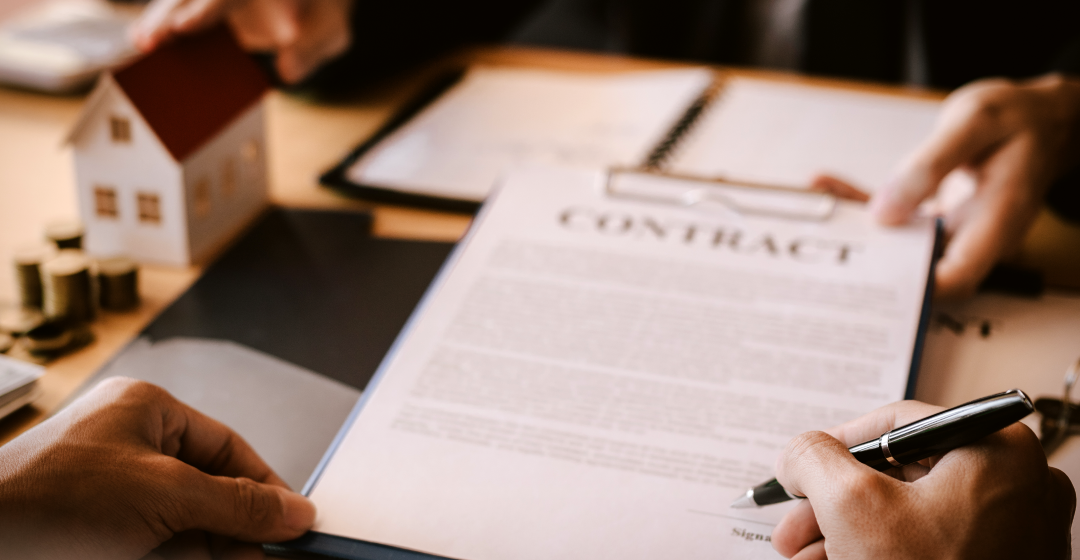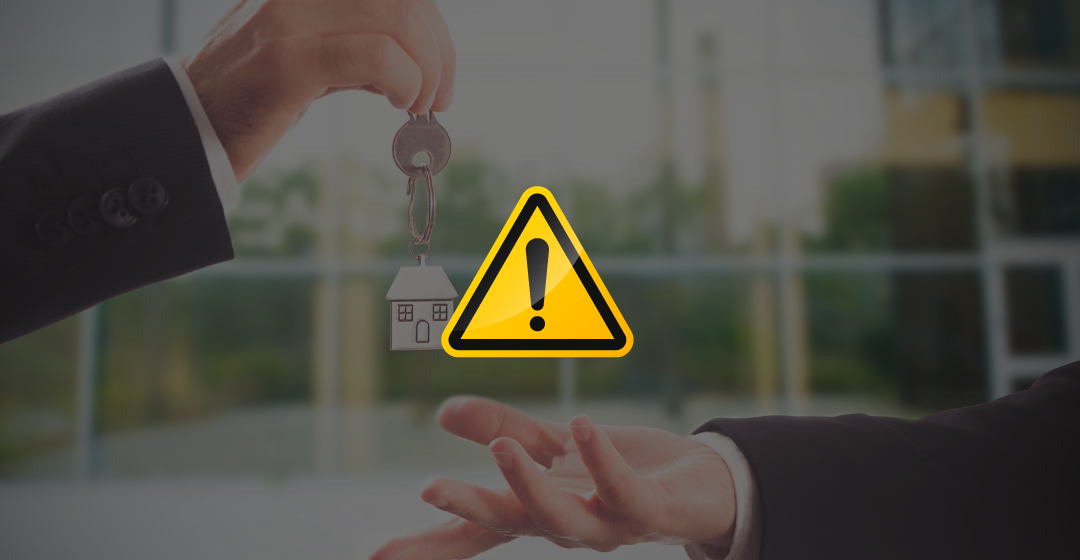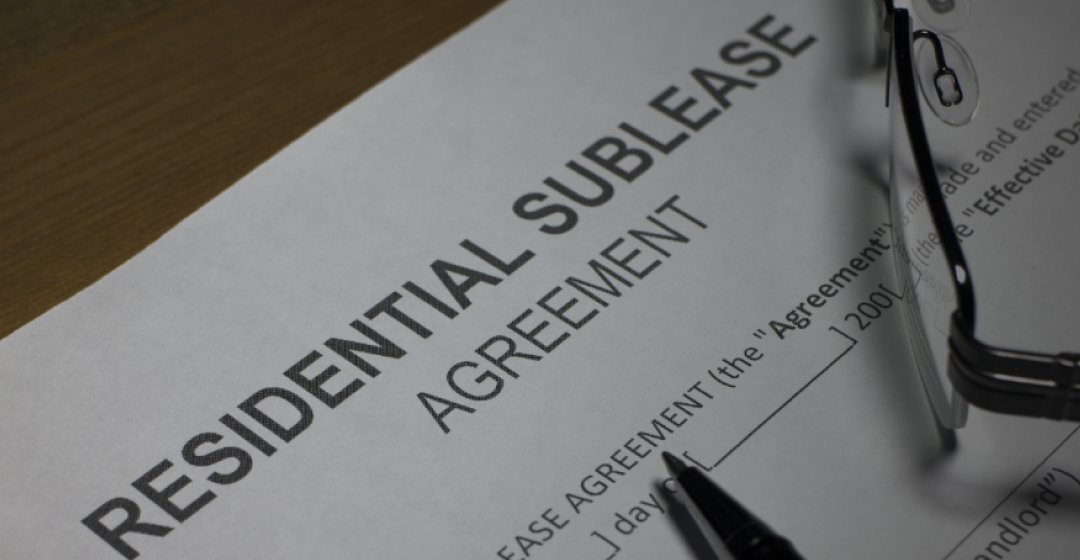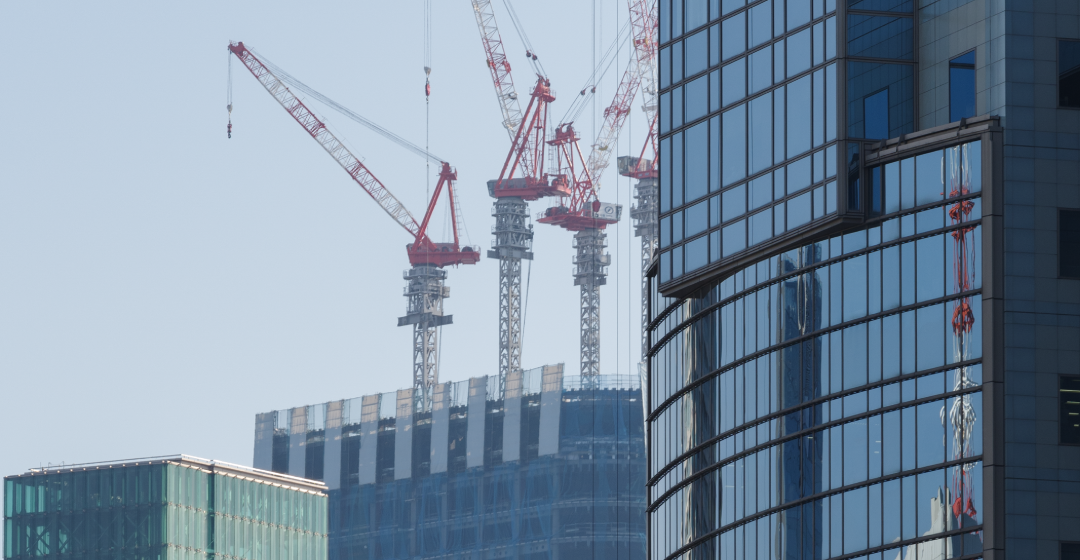Top 5 Things to Lookout for in a UAE Property
When you are looking for a property in the UAE there are factors that you need to look at, in order to be sure that the investment made is a good one. The UAE has a vibrant and competitive property market of various types of properties, from compact apartments to large villas. However, not all properties are the same, and it is necessary to consider some key points and things to look out for in UAE properties.
To help you with your decision, below are the five pivotal aspects to consider when selecting the ideal property in the UAE.
1. Location and Accessibility
The first and perhaps the most important aspect is the location. Whether the property is for your personal use or for investment purposes, the location will determine the value of the property and its marketability. It is advisable to choose properties that are situated close to important facilities including schools, hospitals, shopping malls, and transport terminals. Accessibility to business centres and recreational facilities can also be instrumental in improving property value.
Also, you should consider the developmental plans that are in store for the area in the future since this has an impact on property prices in the future. Location is the most crucial aspect when investing in property since it will be convenient and have a higher likelihood of appreciation in the future.
2. Proper Workmanship and Finishes
Another important attribute to consider while buying property in Dubai is the construction quality of the property. The UAE’s construction industry has stringent standard codes that regulate the use of construction materials and construction methodology but it is crucial to pay equal attention to detail while assessing the quality of the finishes, the fixtures, and in general the overall construction.
When inspecting a property, it’s important to identify areas that might not have been finished properly. Common issues to look out for include squeaking floors, doors that don’t close smoothly, or walls with cracks. These problems can indicate poor construction quality.
On the other hand, certain features, like marble countertops, hardwood floors, and high-quality doors and window fittings, often suggest that the property was built with care and attention to detail. These elements not only enhance the appearance but also reflect that the property was well constructed. Purchasing a home with good construction quality may prevent one from making expensive repairs or remodelling in the future.
3. Property Layout and Design
Lighting, colour, space division, positioning, furniture, window placement, and design are some of the factors that influence the comfort of a real estate property. Space, natural sunlight, and a well-designed layout are crucial elements that you must focus upon. Alternatively, you have to think about how the layout of the house will facilitate your daily lifestyle. For instance, a larger apartment with more than one bedroom, large living spaces, and gardens may be preferred by families while single people or couples might require stylish apartments designed with sleek lines, perfect proportions, and optimized use of space.
4. Amenities and Facilities
The accessibility to the services within the property or the neighbouring areas is also important to be taken into consideration. In the UAE, the majority of the properties are found in gated communities or residential complexes where there are facilities such as swimming pools, gymnasiums, parks, and shops. The need to ensure that one has access to such facilities was therefore seen to bring a lot of value to one’s living experience as well as to one’s property.
5. Legal Compliance and Documentation
Last of all, check if the property has all the legal documentation and ensure that it is in compliance with the UAE laws and regulations. This includes confirming the registration of the title deed, checking for any pending dues, especially in case of rental properties in Dubai, and other legal documents. Generally, the UAE property market and specifically the buying process is heavily legalised which is why it is always preferable to consult a competent legal counsel or a real estate expert.
Check Out: Commercial property for rent in Dubai
Conclusion
These are key aspects that, when considered while selecting a property in the UAE, will help you in understanding the best property as per your requirements. Starting with the location of the property, construction quality, and legal requirements, right down to the choice of location, each and every factor is an essential component in the overall value and suitability of the structure. If you are looking for professional advice on choosing the right property as well as the proper execution of the transaction, you can reach out to experts like InZone Properties who are at your disposal to guarantee the success of your investment.
